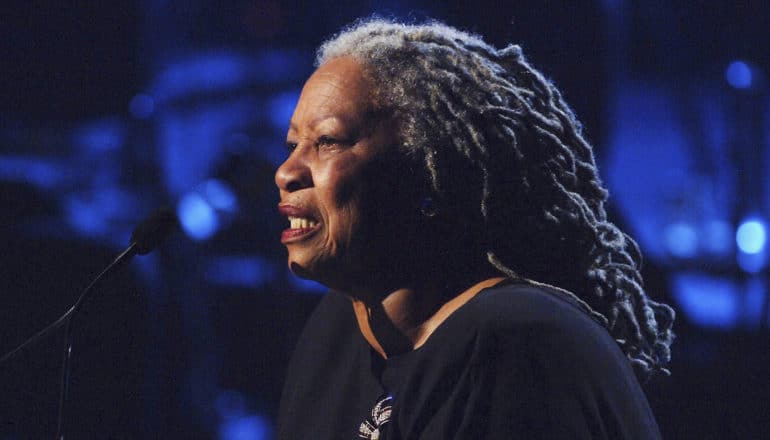
A new book explores how a history of rejection shaped African American literature and activism for generations to come.
Although scholars have explored some of the historical periods that gave rise to contemporary African American writing, often overlooked are years leading up to the last century—and immediately following the 1896 Plessy v. Ferguson Supreme Court decision, which legalized segregation.
“I do believe that our tendency to group the years from 1877 to 1919, from the end of Reconstruction to the Harlem Renaissance, has prevented us from identifying the specificity of the intervening years,” writes professor Elizabeth McHenry, chair of New York University’s English department, in To Make Negro Literature: Writing, Literary Practice, and African American Authorship (Duke University Press, 2021).
In the book, McHenry focuses on these forgotten years—roughly 1896 through the first two decades of the 1900s—not because these decades marked success, but rather, because it was a period of publishing failure.
This is perhaps most clearly illustrated through the story of the writer and activist Mary Church Terrell, one of the book’s focal points, whose challenges McHenry argues helped spur the success of the African American writers that we’re familiar with today.
“Terrell wanted to pave the way for Black writers to be writing fiction as a norm and for these fictional forms to become as acceptable as journalistic forms,” McHenry explains.
“Whereas her journalism appeared in African American print sources throughout the first decade of the 20th century, her archives at the Library of Congress are full of the unpublished short stories she wrote and sought to place in the nation’s elite literary magazines,” McHenry continues in her book. “The collection also includes a dispiriting series of rejection letters from the publishers of these magazines that made clear to her that she lived in a political climate unsupportive of literary ambitions like her own.”
Yet she says these failures were “both foundational and, as much as we regret it today, also necessary.
“This whole body of work that I look at, this body of work that includes practitioners and projects and authors and authorship as a concept, is like infrastructure,” says McHenry, who previously penned Forgotten Readers: Recovering the Lost History of African American Literary Societies (Duke University Press, 2002). “It is a backbone of Negro literature, a backbone of what we now think of as African-American literature—and not in the way that I think a lot of people look at earlier time frames and say, see, ‘This was the roots of the Harlem Renaissance.’ This isn’t the roots of the Harlem Renaissance. That’s something different. This is the roots of an appreciation for literature and literary culture, and of a substantial audience for Black literature. It’s a much more broadly laid infrastructure or scaffolding for literature as we now know it.”
(Note: In the new book’s introduction, McHenry writes, “To use the word ‘Negro,’ as I deliberately do in this study, is to evoke a particular moment in which African Americans embraced the word, insisting that its first letter be capitalized as a means of both controlling its meaning and signifying the recognition and respect due to people of African descent.”).
Here, McHenry talks about the book and, specifically, how African American writing of the post-Reconstruction era had a purpose that stretched beyond the printed page:
The post Book: These ‘forgotten’ rejections shaped Black lit appeared first on Futurity.
from Futurity https://ift.tt/3euHnkB
No comments:
Post a Comment